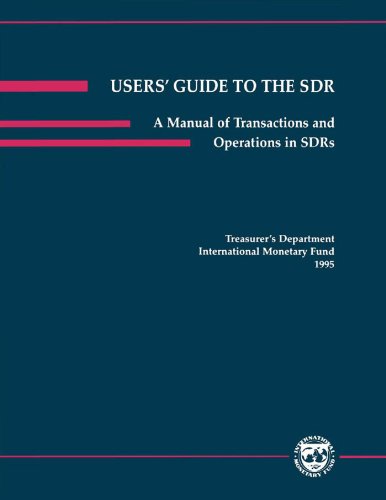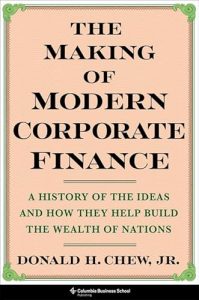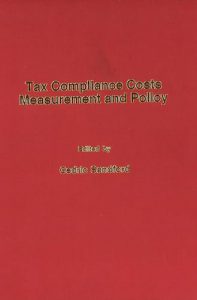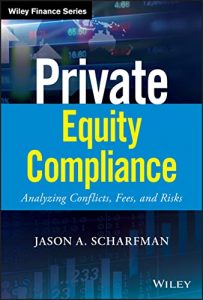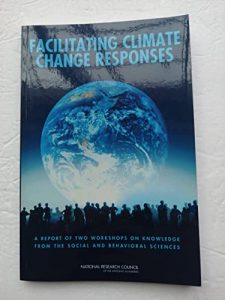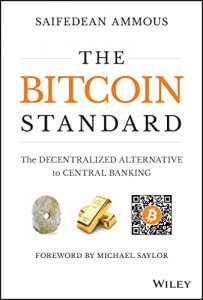1. Users’ Guide to the SDR: A Manual of Transactions and Operations in Special Drawing Rights
This comprehensive manual, published by the International Monetary Fund, offers an essential guide to understanding Special Drawing Rights (SDR). It serves not only as a technical reference but also as a foundational text for anyone interested in international finance. The clarity with which it explains complex transactions and operations makes it a valuable resource for economists and policymakers alike. Furthermore, its insights into the global monetary system provide context for contemporary financial challenges, making it a must-read for both students and professionals.

2. Report on the Measurement of International Capital Flows: Background Papers
Delving into the intricacies of international finance, this report presents valuable background papers prepared by the International Monetary Fund. It discusses measurement techniques for international capital flows, a critical aspect of global financial stability. By exploring historical capital flows, it sheds light on patterns and trends that can inform future economic policies. This book is vital for economists, financial analysts, and anyone seeking a deeper understanding of international investment dynamics. The analytical depth and clarity of the study make it essential reading.

3. Environmental Finance for the Developing World
Michael Curley’s work is particularly pertinent for those interested in how finance intersects with environmental issues in developing nations. This book highlights innovative financing mechanisms aimed at fostering sustainable development while addressing pressing environmental challenges. It is replete with case studies that illustrate successful financing initiatives in various contexts, making it a crucial resource for students and professionals in development economics and environmental studies. Its focus on practical solutions within the financial realm provides hope and direction for future progress.

4. International Capital Markets: Developments and Prospects, 1984
This book serves as a historical perspective on the evolution of global capital markets, detailing trends and developments that continue to shape the economics of today. Written by notable authors, including Maxwell Watson and Donald J. Mathieson, it is a classic in international finance literature. Understanding the foundational changes discussed in this book is essential for economists and market analysts aiming to comprehend current financial landscapes. It provides critical insights that resonate well beyond its publication date, making it an excellent text for both students and practitioners.

5. Stabilization and Structural Reform in the Czech and Slovak Federal Republic: First Stage
This Occasional Paper from the International Monetary Fund is indispensable for those analyzing the post-communist transition in Central Europe. The text addresses the crucial aspects of stabilization policies and structural reforms implemented in the Czech and Slovak republics. Its thorough analysis provides key insights into successful reform strategies and lessons learned from early transitions. This book is a valuable resource for specialists in economic policy and development.

6. Egypt: Beyond Stabilization. Toward a Dynamic Market Economy
Howard Handy’s insightful analysis of Egypt’s economic landscape in the late 1990s presents a roadmap for transitioning from stabilization to a dynamic market economy. The book outlines the policies needed to encourage growth and entrepreneurship. Its historical context and policy discussions are highly relevant for economists, business leaders, and policymakers interested in emerging markets. The practical approach outlined in this text presents valuable lessons for contemporary economic reform efforts.

7. The Baltic Countries: From Economic Stabilization to EU Accession
This Occasional Paper critically examines the transition of the Baltic states toward European Union membership. It highlights the economic stabilization measures undertaken and the challenges faced during this transformation. The collaborative insights from various authors provide a multifaceted view of the region’s economic landscape. For those interested in the European integration process and post-Soviet economic strategies, this book is an essential read that illuminates the complexities of integration.

8. Global Financial Stability Report, April 2006
This report published by the International Monetary Fund provides a timely analysis of global market developments and their implications for financial stability. It covers pressing issues that affect the stability of financial markets and offers policy recommendations to mitigate risks. Given the increasing relevance of financial stability in a volatile world economy, this report is crucial reading for financial professionals and economists alike. It serves as a reminder of the interconnectedness of global markets and the need for vigilant oversight.

9. Libro de Texto de Balanza de Pagos: (Manuals and Guides) (Spanish Edition)
This book published by the International Monetary Fund serves as a key resource for Spanish-speaking economists and finance professionals. The text focuses on the balance of payments, providing essential guidance on this complex topic. Given the increasing importance of effective economic management, this book is a vital resource for practitioners in Latin America and other Spanish-speaking regions. Its clear explanations and practical guidance make it an indispensable tool for understanding international economic transactions.

10. The Lao People’s Democratic Republic – Systemic Transformation and Adjustment
This Occasional Paper analyzes the systemic transformation and adjustment processes in Laos during a critical period of change. It discusses the economic reforms undertaken and the challenges faced by the country as it integrated into the global economy. For economists and development specialists, this book provides valuable insights into the complexities of economic reform in a transitional economy, making it an important addition to any economic literature collection.


